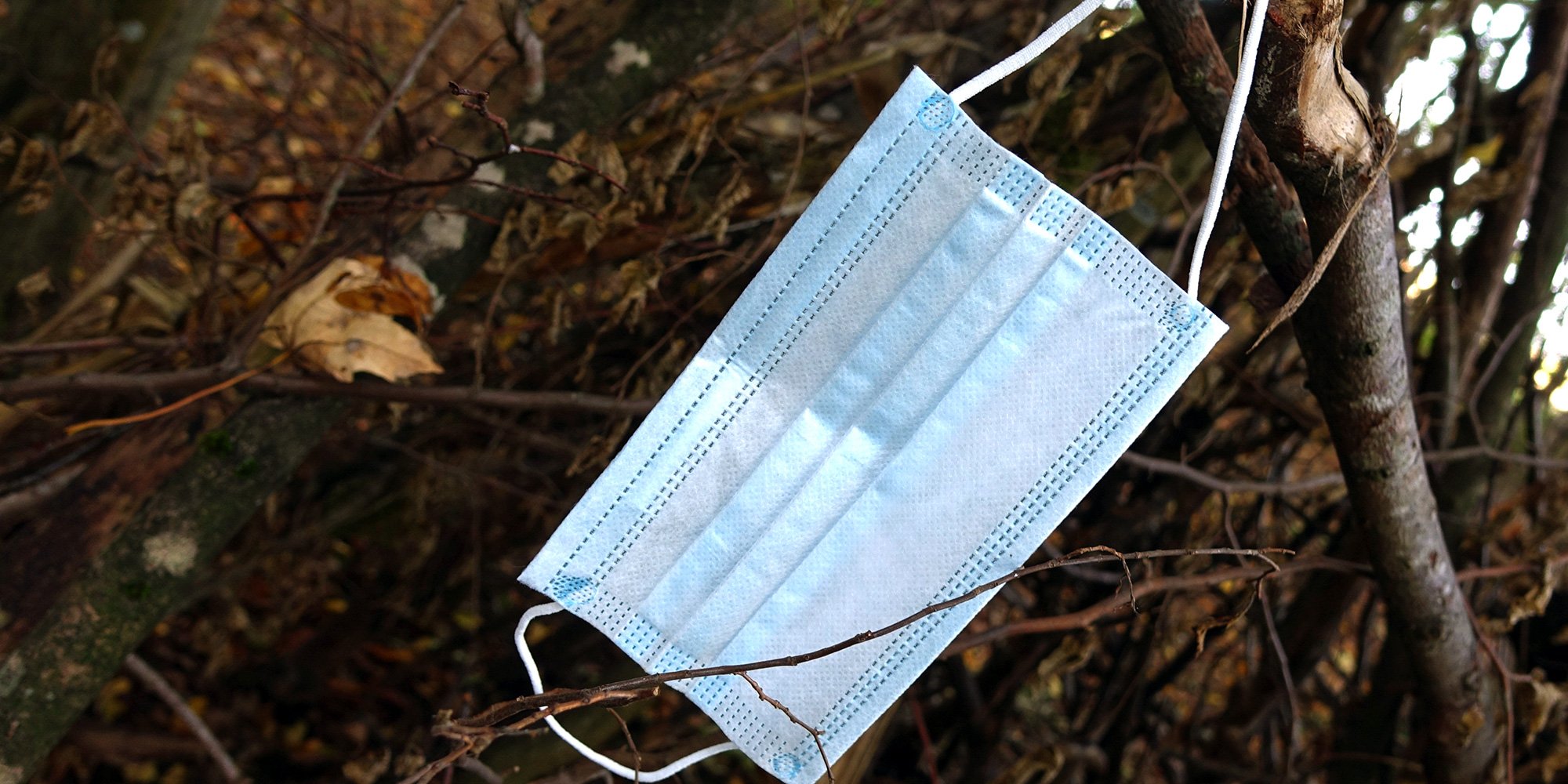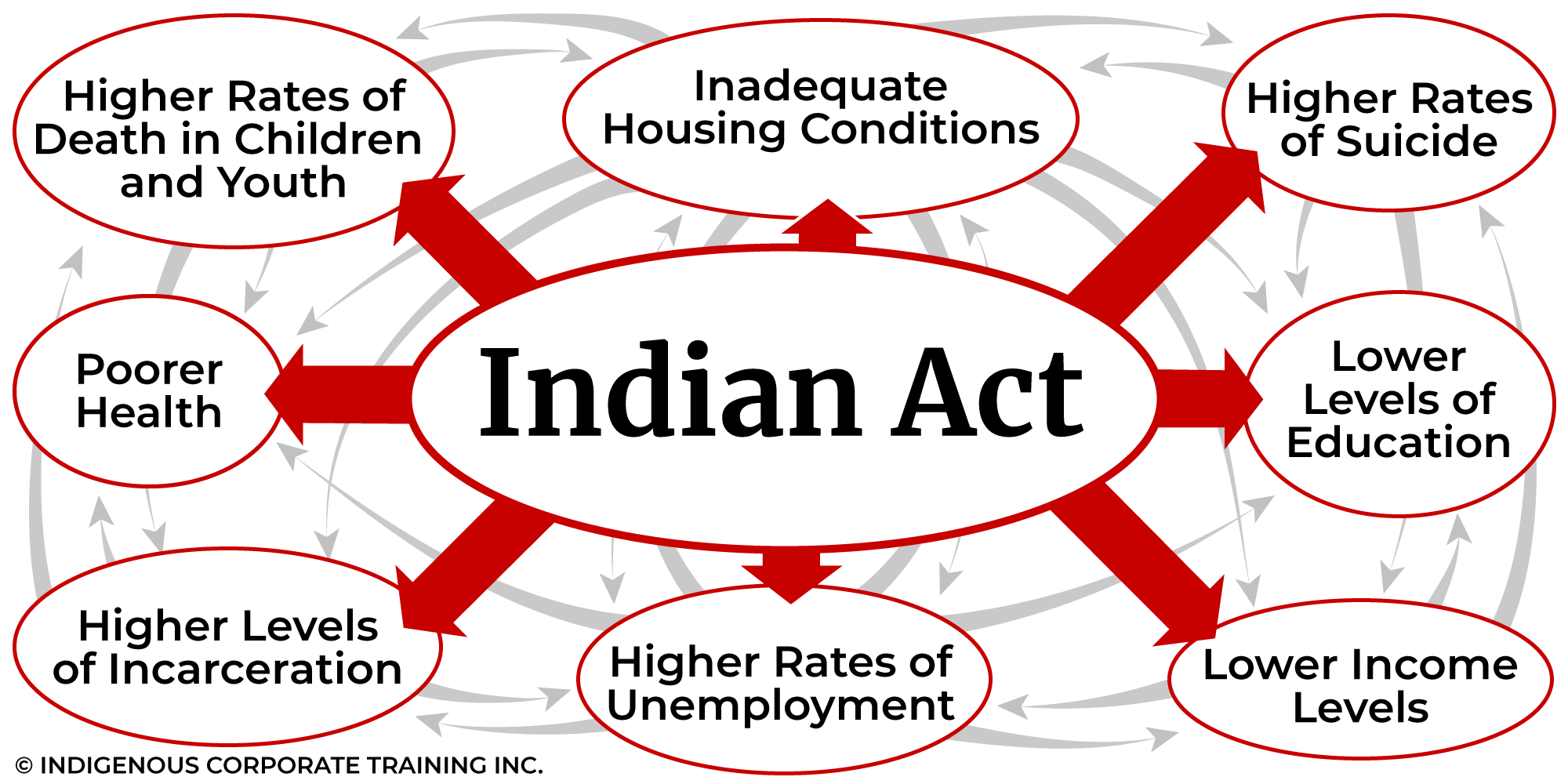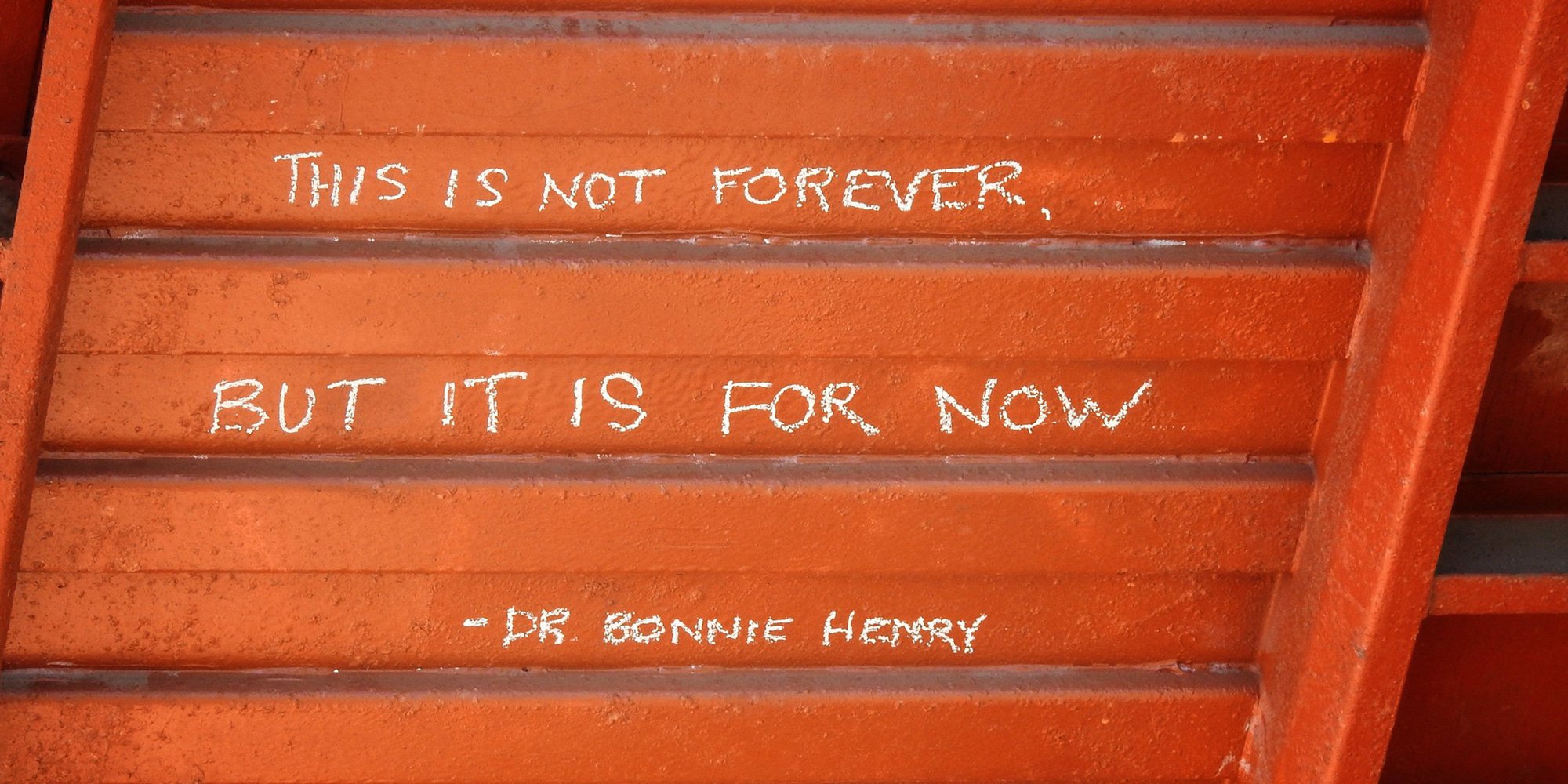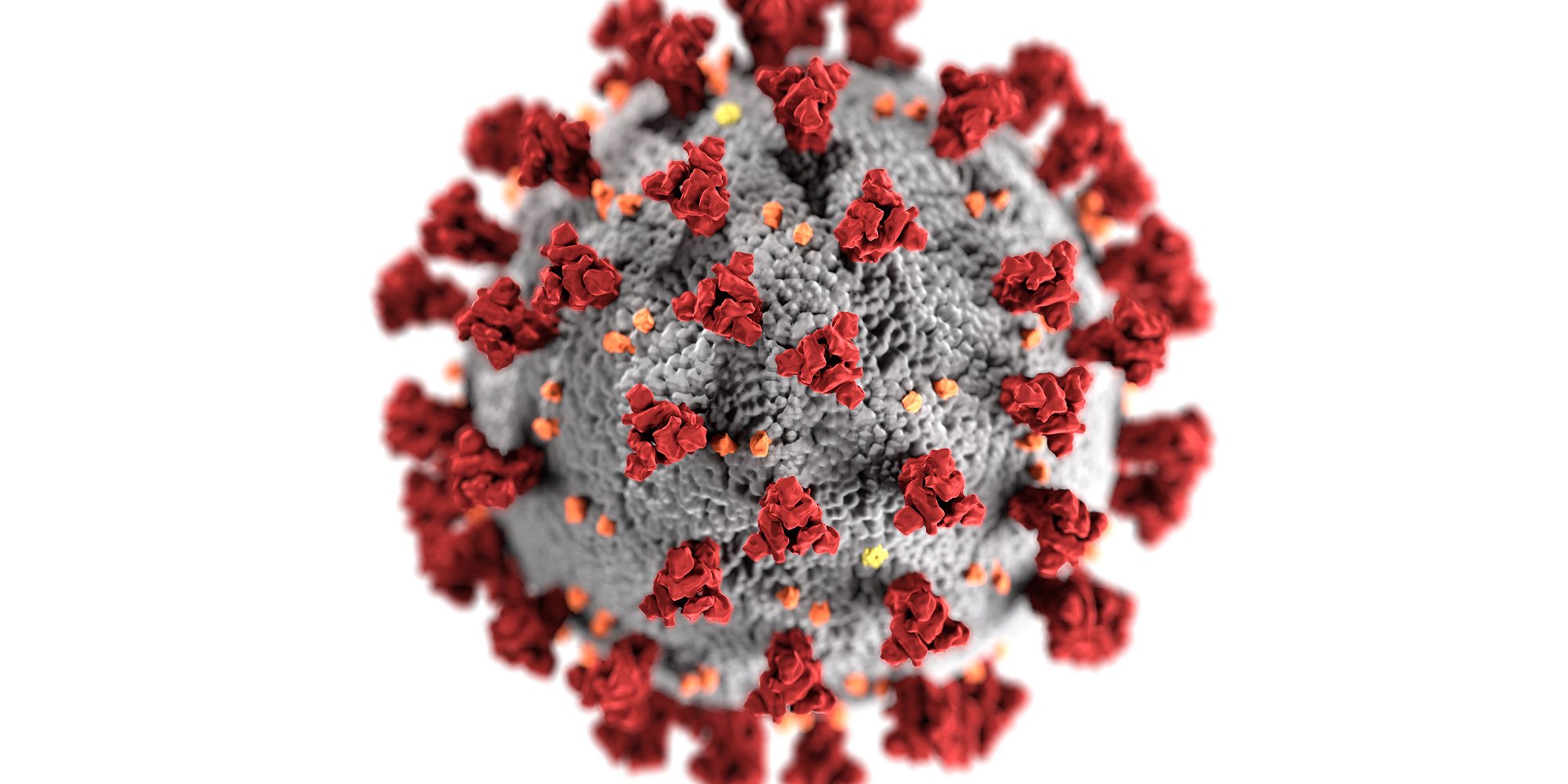4 min read
Higher Rates of Suicide - #8 of 8 Key Issues
The suicide rate among First Nations people was three times higher than in non-Indigenous populations between 2011 and 2016 in Canada. Among First...

4 min read
The suicide rate among First Nations people was three times higher than in non-Indigenous populations between 2011 and 2016 in Canada. Among First...

3 min read
The COVID-19 pandemic could be the single greatest threat in this generation to the continuity of Indigenous cultures and the preservation of...

4 min read
Unintentional injuries are the leading cause of death in Canadian Indigenous children and youth, occurring at rates three to four times the national...

5 min read
Destabilizing Indigenous health The enjoyment of the highest attainable standard of health is one of the fundamental rights of every human being...

3 min read
Eight of the key issues of most significant concern for Indigenous Peoples in Canada are complex and inexorably intertwined - so much so that...

3 min read
In Canada, access to clean drinking water is considered a given. A given, I suspect, that is frequently taken for granted by those who enjoy clean...

5 min read
When Dr. Bonnie Henry announced the death of an Elder from Alert Bay, I was struck by her compassion, her understanding of the enormity of the...

2 min read
The circle, being primary, influences how we as Aboriginal peoples view the world. In the process of how life evolves, how the natural world grows...

2 min read
Amidst all the dire news about the trajectory of global and local COVID-19 case numbers and mortality, hoarding of necessities, and fights in grocery...

6 min read
We are in uncharted waters these days as countries around the world scramble to respond to the COVID-19 pandemic. While we are all at risk and all...